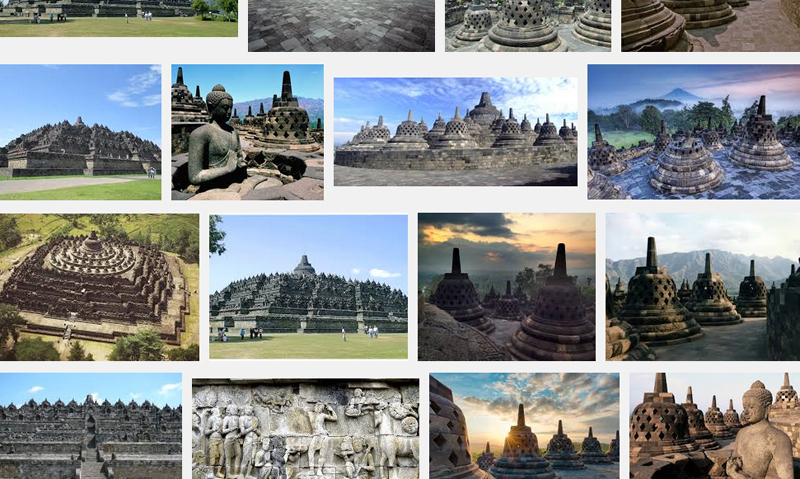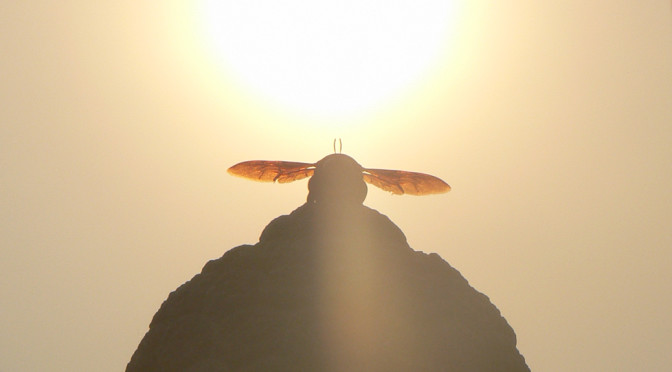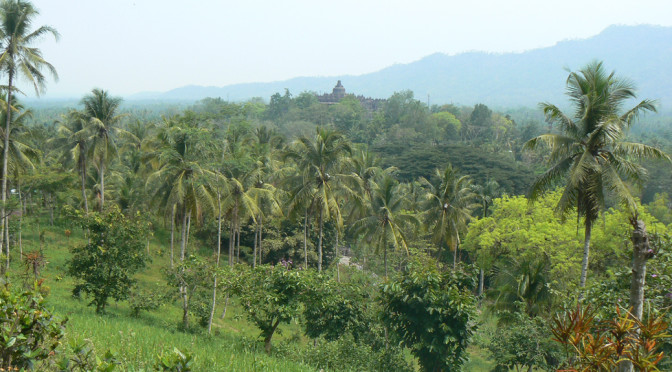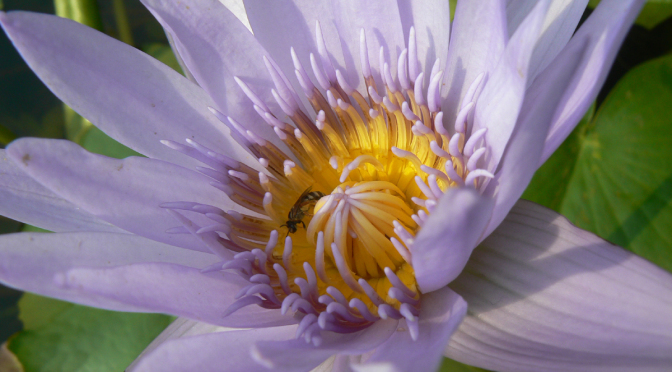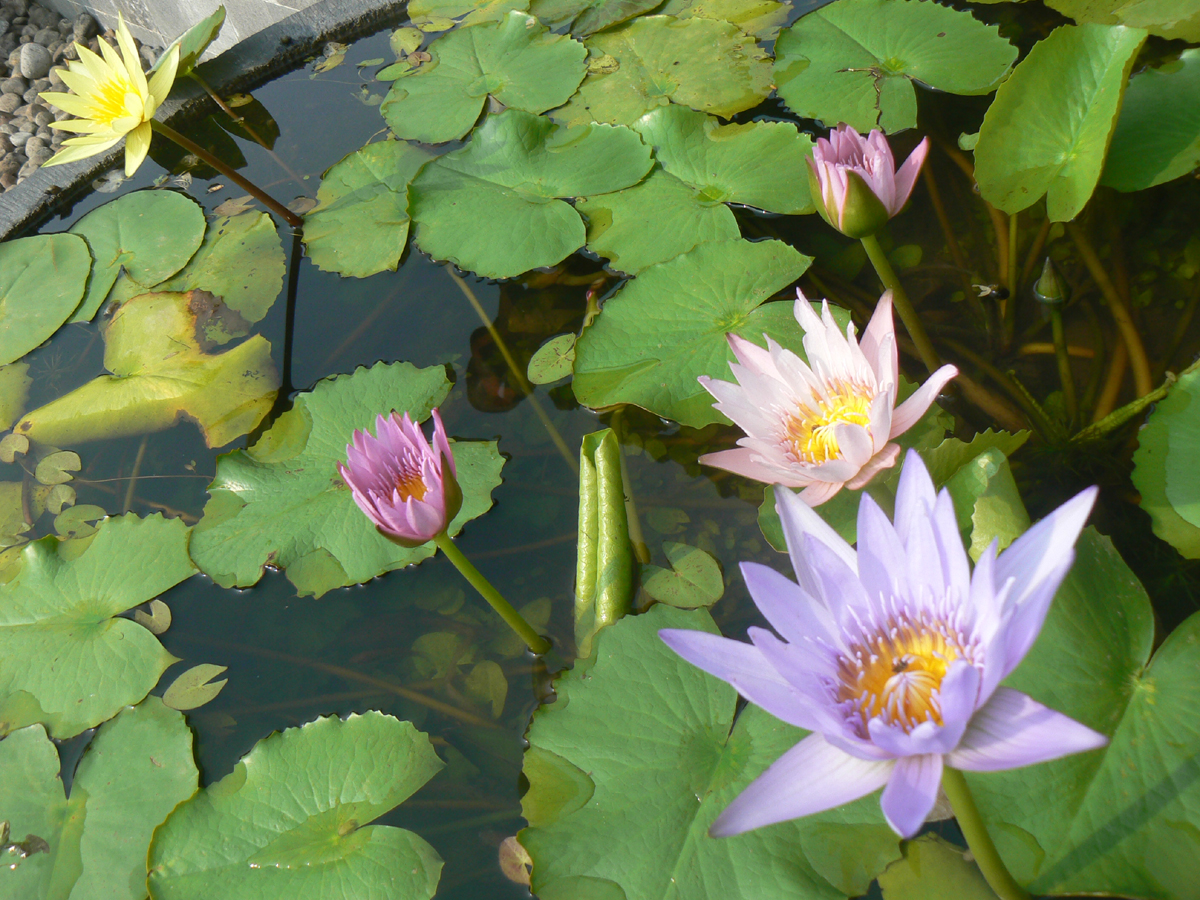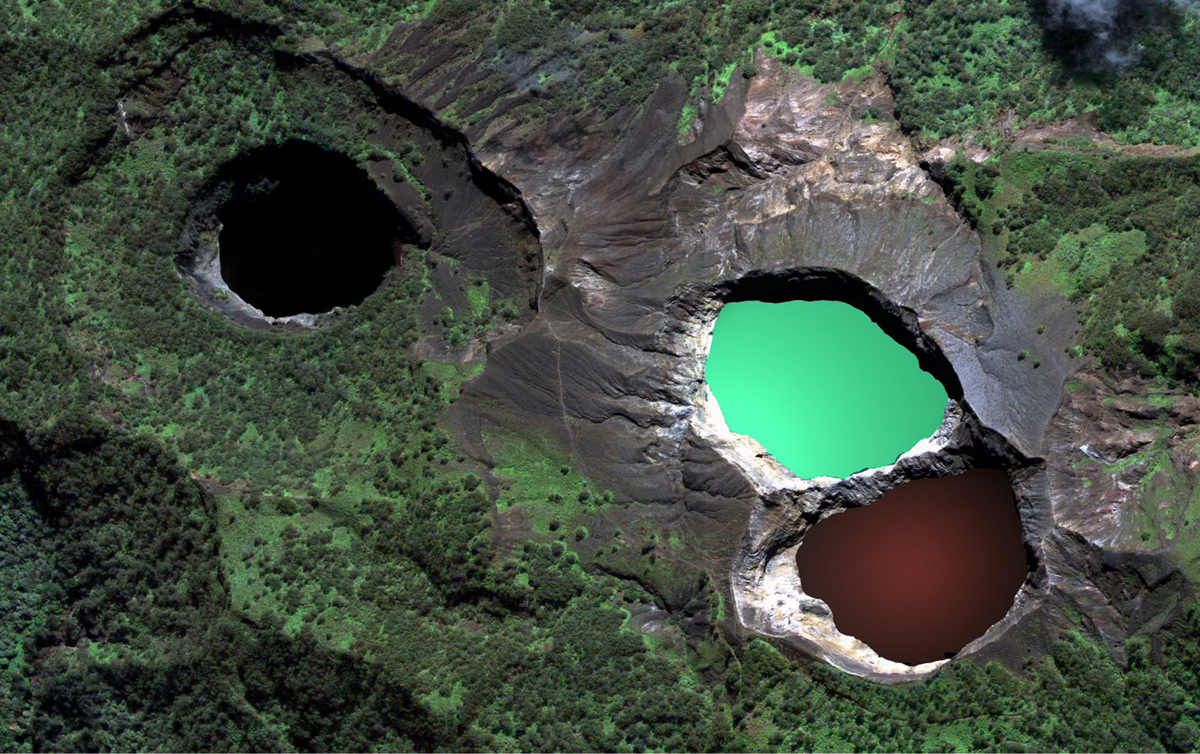Now that the rains had started, it was planting time. We each took a sharpened stick, stabbed it into the ground in the most easily accessible spots, tossed in a couple of dried maize kernels, kicked the earth over with our feet, moved on. It seemed impossible to me that the earth would reward our paltry effort with something edible, but Mama Lina texted me a couple of months later to report that she was cooking the maize I had planted. […]
Would we have had a better maize crop if we had been more methodical, chosen better seeds, spaced the plants more systematically, dug and refilled the holes more carefully? Probably. But if we could meet the family’s maize needs with just fifteen minutes of stab, toss, kick, stab, toss, kick, what would be the point of doing more?
It’s not that Mama Lina has no aspirations. She herself spent four years working as a housemaid in Malaysia; her cousin put in eight years. They got up at 4 a.m., worked until 10 a.m., rested until 3, then cooked and served supper. Room and board were given free, so the salary of US$90 a month went straight into their pockets. It is six times what Mama Lina now earns as a part-time teacher. But neither wants to go back. It’s a question of what life-coaches would call ‘work-life balance’. ‘Here, there’s no salary, but there’s free food in the garden,’ said the cousin. ‘I can work when I feel like it, sleep when I don’t. It’s great.’
Elizabeth Pisani, Indonesia, Etc.



